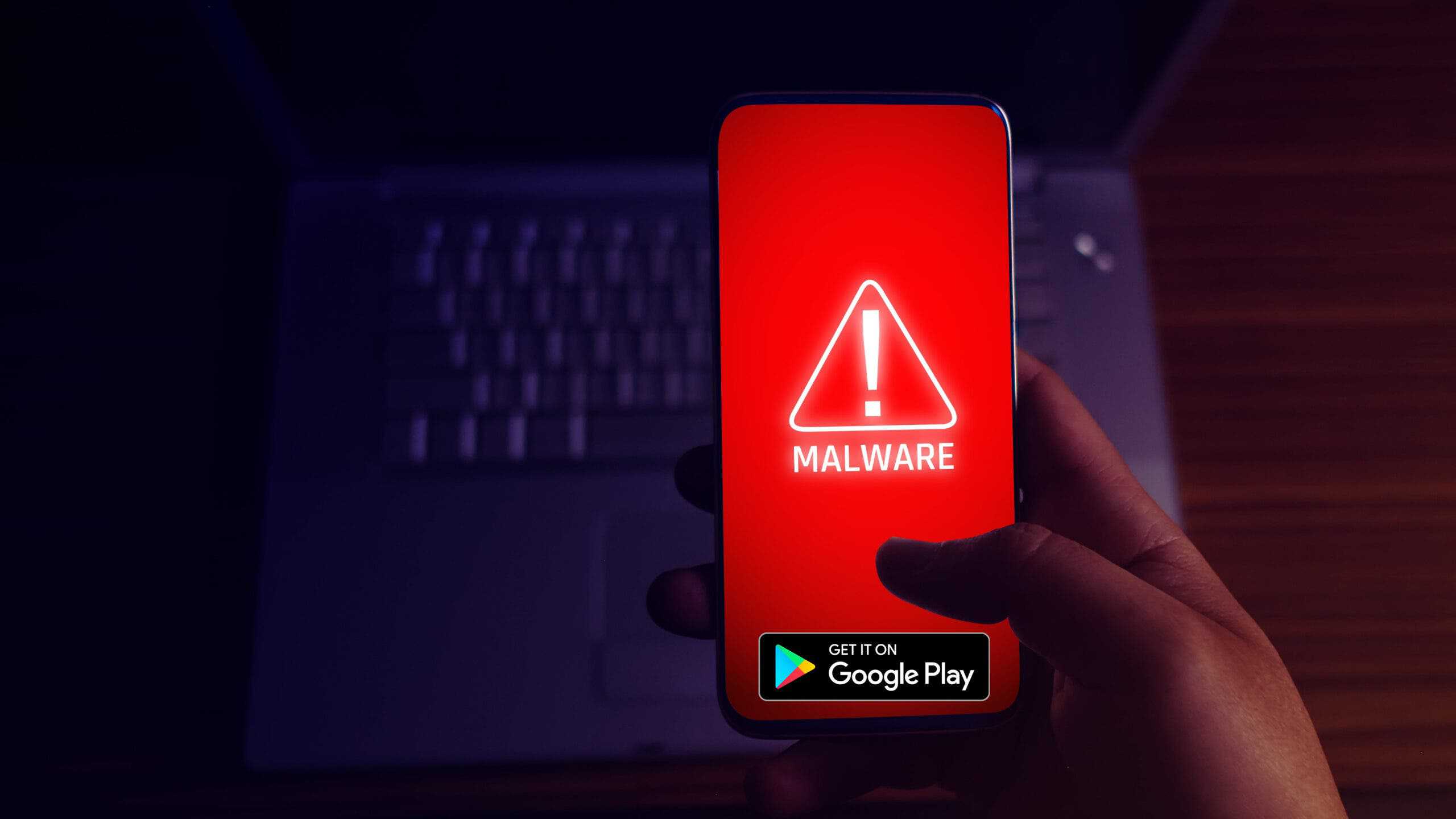Cybersecurity experts at Dr. Web have discovered a new strain of spyware, dubbed “SpinOk,” in more than 100 Android apps. The spyware, which is disguised as an advertising software development kit (SDK), has been downloaded over 400 million times from the Google Play Store.
Once installed, SpinOk can steal sensitive information from Android devices. The stolen data is then sent to a remote server controlled by the hackers who created the malware.
SpinOk is able to evade detection by tricking app developers into incorporating it into their apps. The malware appears to be legitimate, as it offers users mini-games and daily rewards to keep users engaged in the app.
Beneath this harmless facade, SpinOK runs a series of malicious activities in the background. In fact, it even checks the sensor data of your Android device, such as the gyroscope and magnetometer, to see if it’s a real phone. If it is, SpinOk will steal valuable information without your knowledge or consent.
Over 400 Million Android Phones Are Affected By SpinOK SpyWare—Delete These Apps Right Now
The SDK was spotted in 101 apps that were downloaded for a total number of 421,290,300 from the Google Play Store. Here are some of the apps with the most downloads:
- Noizz: video editor with music – 100 million downloads
- Zapya – File Transfer, Share – 100 million downloads
- vFly: video editor&video maker – 50 million downloads
- MVBit – MV video status maker – 50 million downloads
- Biugo – video maker&video editor – 50 million downloads
- Crazy Drop – 10 million downloads
- Cashzine – Earn money reward – 10 million downloads
- Fizzo Novel – Reading Offline – 10 million downloads
- CashEM: Get Rewards – 5 million downloads
- Tick: watch to earn – 5 million downloads
But this isn’t the complete list. You can find the list of Android apps with SpinOK SDK from the list here.
Many of the apps that were infected with spyware have been removed from the Google Play Store. However, not all of them have been removed yet. If you have any of these apps installed on your Android phone, it is recommended that you delete them immediately.

Gizchina News of the week
In some cases, the spyware has been removed from the latest versions of these apps. If you have an app that was infected with spyware, you can update the app instead of deleting it. However, it is still best to delete these apps for your own safety.
How SpinOK steals data from Android phones?
SpinOK presents itself as an innocuous advertisement SDK. But it also offers users the opportunity to play mini-games that promise daily rewards. This gamification approach has been very successful in attracting and retaining users. As a result, SpinOk became one of the most popular mobile advertising platforms in the world.

However, little did we know, the SDK was meant to steal users’ data. The Trojan SDK uses sensor data to detect if it is running in a controlled environment. If it is not, the SDK can access files on the device, upload files, and modify the clipboard. This allows the operators of the SDK to steal account passwords, and credit card information, or redirect cryptocurrency payments.
The SDK’s mini-games are a front for its malicious capabilities. So users who install the SDK may not realize that they are at risk of having their personal information stolen.
How to be safe from malicious Apps on Google Play Store?
Malicious apps can pose a serious security threat to your Android device. Even though Google Play has a team of security experts working to prevent malicious apps from being published, bad apps can still slip through the cracks.
Here are some tips to help you stay safe from malicious apps on Google Play:
Only download apps from trusted sources. The Google Play Store is the safest place to download apps. However, it’s still a good idea to be cautious, even when downloading apps from the Play Store.
Read reviews before downloading an app. Look for apps that have high ratings and positive reviews. However, be aware that reviews can be faked, so it’s also a good idea to look for external reviews.
Be suspicious of apps that ask for too many permissions. Apps should only need the permissions that are necessary for them to function. However, if an app asks for a lot of permissions that seem unnecessary, it’s a red flag.
Keep your apps up to date. App developers often release security updates to fix vulnerabilities that could be exploited by malicious actors. So make sure to keep your apps up to date to protect yourself from the latest threats.





